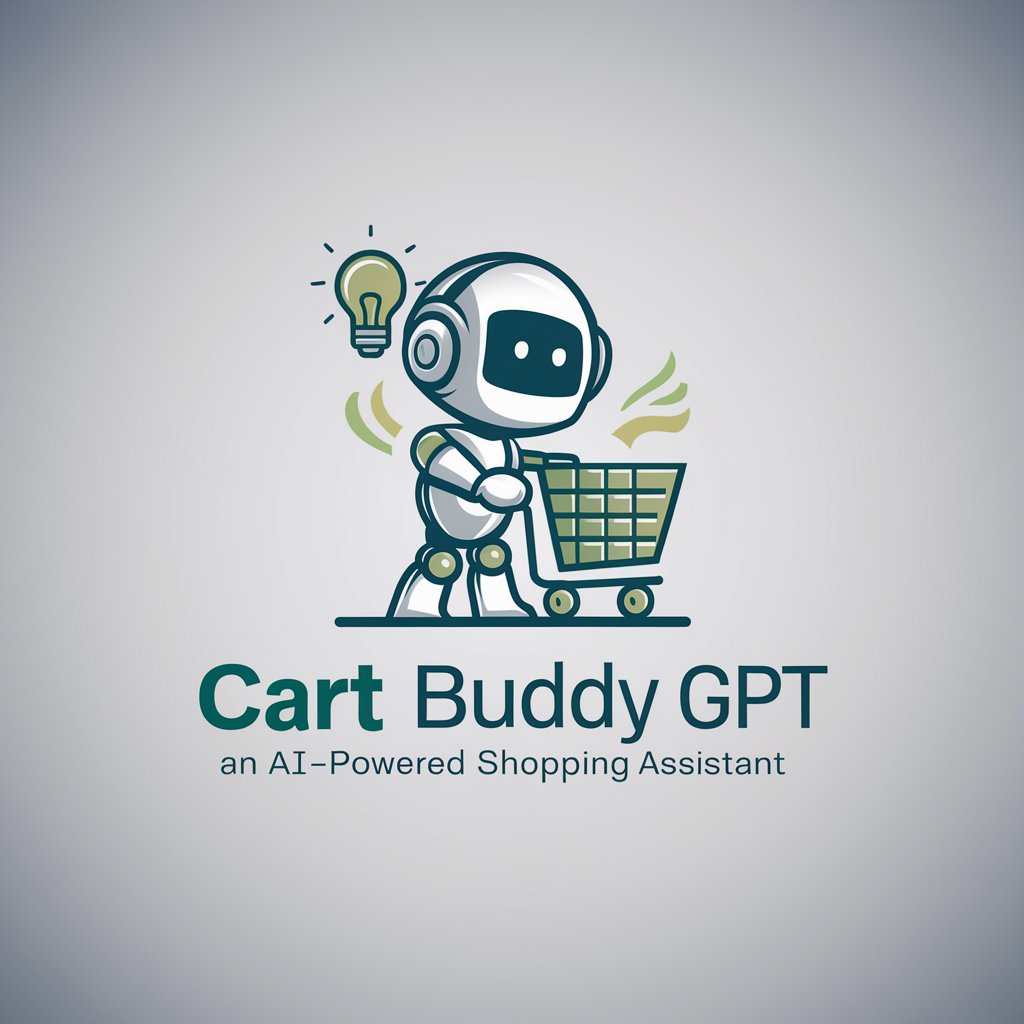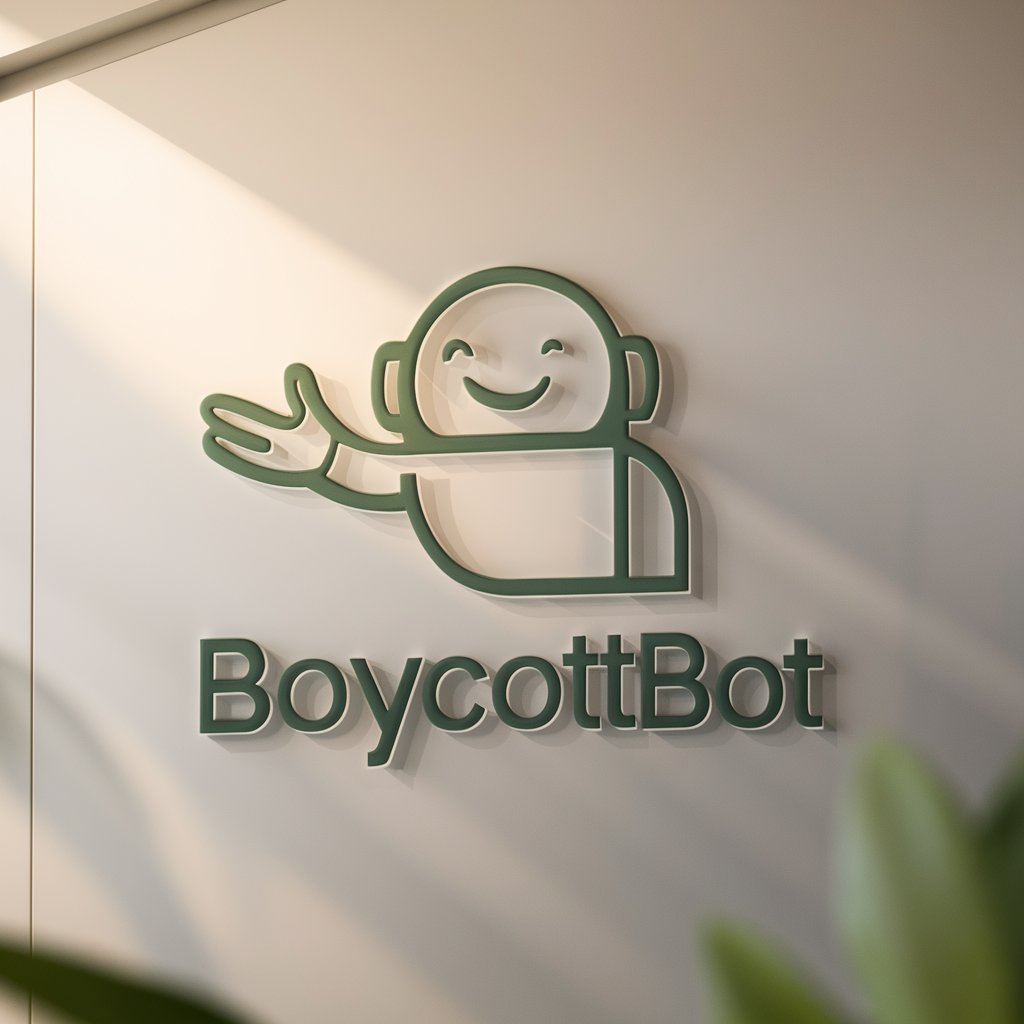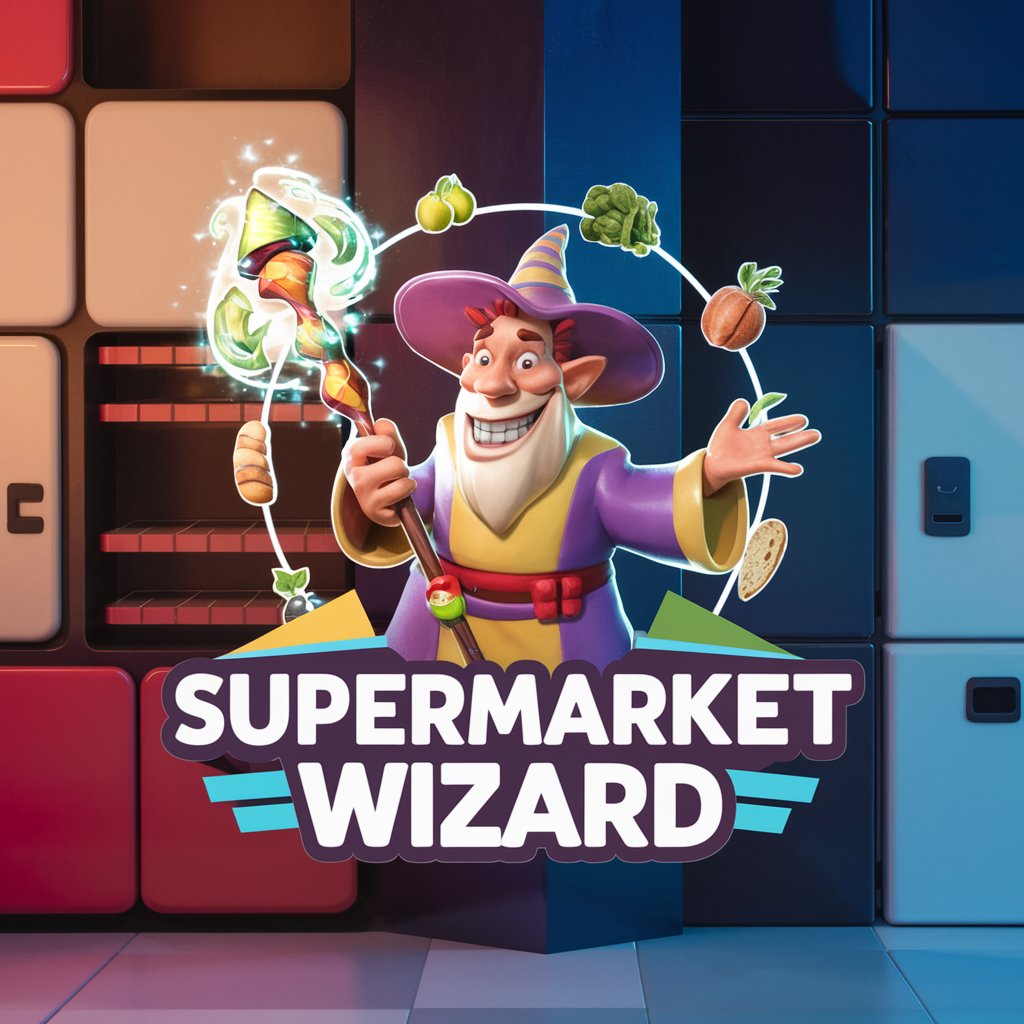10 GPTs for Product Alternatives Powered by AI for Free of 2026
AI GPTs for Product Alternatives refer to specialized applications of Generative Pre-trained Transformers tailored to identify, compare, and suggest product alternatives. These AI models leverage vast amounts of data to understand user queries, discern product features, and recommend alternatives based on criteria such as price, functionality, and user preferences. They play a crucial role in assisting users in making informed decisions by providing comprehensive, data-driven recommendations.
Top 10 GPTs for Product Alternatives are: Cart Buddy GPT,VEG3,MakeUp Master,BoycottBot,Product Lookup,Compare Supermarkets: Supermarket Wizard,消费折叠,Glam Guide,خطوات المكياج,Shop Scout
Cart Buddy GPT
Your AI-Powered Shopping Companion

VEG3
Empowering Your Vegan Journey with AI

MakeUp Master
AI-Powered Personal Makeup Artist

BoycottBot
Empower your choices with AI-driven insights

Product Lookup
Instantly identify products with AI

Compare Supermarkets: Supermarket Wizard
Smart grocery shopping with AI-powered comparisons

消费折叠
Maximize savings with smart AI recommendations

Glam Guide
Empowering your beauty journey with AI.

خطوات المكياج
AI-Powered Makeup Mastery

Shop Scout
Find What You Love, From Stores You Trust

Essential Qualities and Functions
AI GPTs tools for Product Alternatives are distinguished by their adaptability and deep learning capabilities, enabling them to handle a wide range of queries from simple product substitutions to complex market analyses. Key features include natural language understanding for interpreting user queries, dynamic learning to incorporate the latest market trends, and personalized recommendations. Specialized functionalities may also include image recognition for visual product comparison, integration with external databases for real-time data, and interactive user interfaces for seamless navigation.
Who Benefits from AI GPTs in Product Alternatives?
These AI tools cater to a diverse audience, ranging from everyday consumers seeking the best alternatives for personal use, to professionals and developers in the ecommerce and retail sectors looking for market insights and competitive analysis. They are designed to be user-friendly for those without technical backgrounds, while also offering advanced features and customization options for tech-savvy users and developers seeking to integrate AI capabilities into their own platforms.
Try Our other AI GPTs tools for Free
Political Satire
Explore the cutting-edge intersection of AI and political satire with tools designed to generate, analyze, and understand satirical content. Perfect for creators and analysts alike.
Cultural Critique
Explore how AI GPTs for Cultural Critique revolutionize the analysis, generation, and understanding of cultural phenomena, offering dynamic insights into cultural trends and narratives.
Humorous Awareness
Discover how AI GPTs for Humorous Awareness can transform your digital projects with engaging, tailored humor. Perfect for creators at all skill levels.
Engaging Education
Discover how AI GPTs revolutionize learning with engaging, personalized content. Explore tools designed for educators and learners to enhance educational experiences.
Entertainment Curation
Discover how AI GPTs revolutionize entertainment curation, offering personalized content discovery, trend analysis, and creative insights for enthusiasts and professionals alike.
Anime Introduction
Discover how AI GPTs for Anime Introduction are revolutionizing the way fans interact with anime, offering tailored insights, content creation, and deep dives into anime culture.
Innovative Applications and User Interfaces
AI GPTs for Product Alternatives are not just about suggesting alternatives; they represent a shift towards more intuitive, data-driven decision-making processes. Their ability to seamlessly integrate with existing systems, coupled with user-friendly interfaces, enables both businesses and consumers to leverage AI for making better-informed choices. These tools are redefining how market research and consumer guidance are conducted, by making complex data analyses accessible to all.
Frequently Asked Questions
What are AI GPTs for Product Alternatives?
AI GPTs for Product Alternatives are advanced AI models designed to suggest alternative products by understanding and analyzing user queries, product data, and market trends.
How do these AI tools understand complex queries?
They utilize natural language processing and machine learning techniques to interpret the context and nuances of user queries, ensuring accurate and relevant product recommendations.
Can these tools adapt to new market trends?
Yes, thanks to their machine learning foundations, these tools continuously learn from new data, enabling them to adapt to evolving market trends and consumer preferences.
Are AI GPTs for Product Alternatives accessible to non-technical users?
Absolutely, these tools are designed with user-friendly interfaces that require no coding skills, making them accessible to a wide audience.
Can developers customize these AI tools?
Yes, developers can access APIs or use programming interfaces provided by these tools to customize functionalities and integrate them into existing systems.
Do these tools offer visual product comparisons?
Some AI GPTs tools are equipped with image recognition capabilities to provide visual comparisons of products, enhancing the decision-making process.
How do these AI models stay updated with real-time data?
They integrate with external databases and online sources to fetch real-time data, ensuring that the recommendations are up-to-date.
Can these tools provide personalized recommendations?
Yes, by analyzing user preferences and past interactions, these tools can offer personalized product alternatives, improving user satisfaction.